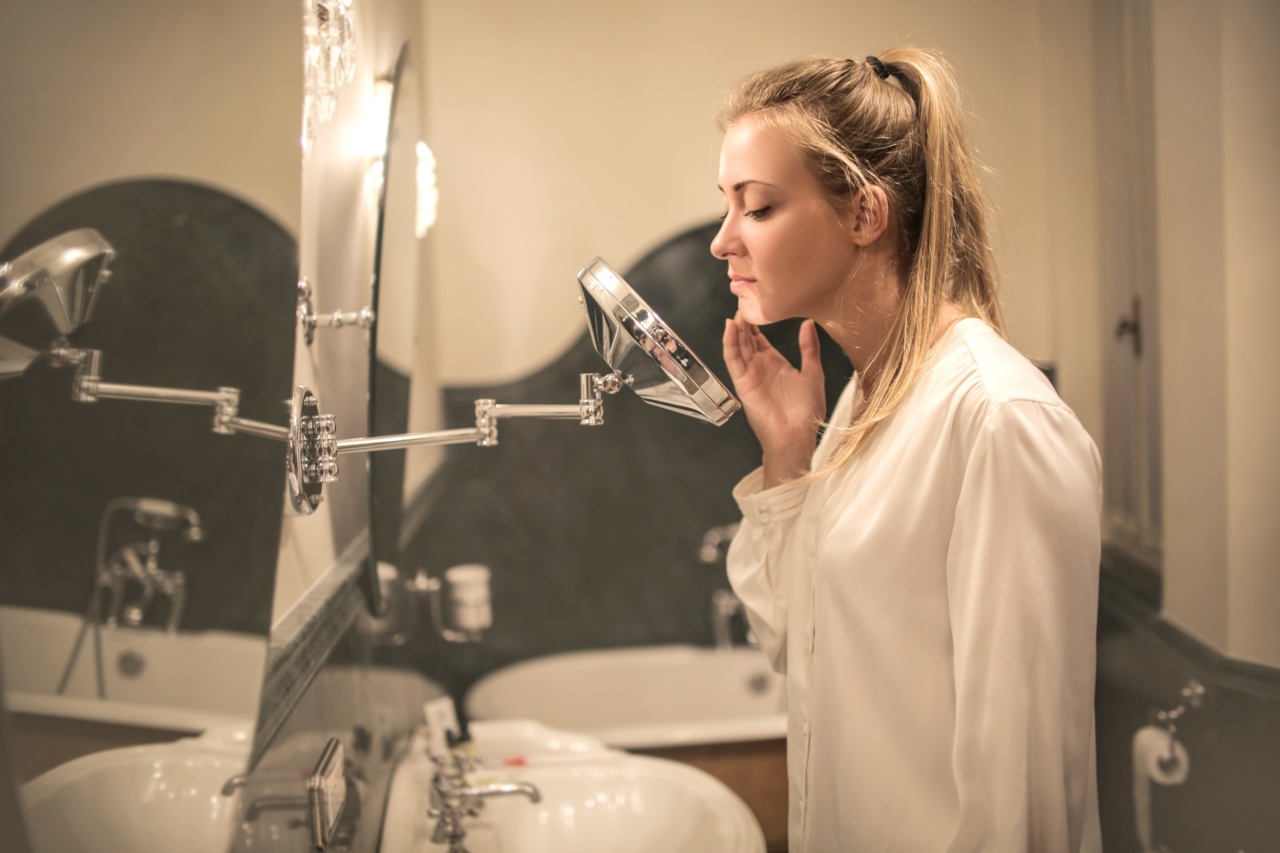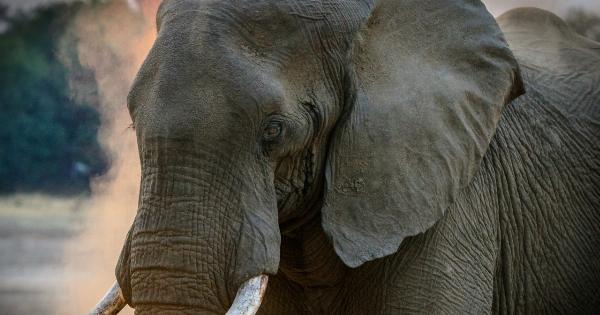Skin rugging, also known as skin wrinkling, is a common condition that affects many people, regardless of their age, gender, or race. Skin rugging occurs when the skin loses its elasticity, collagen, and moisture, making it sag, thin, and dry.
While skin rugging is a natural aging process, several factors can accelerate it, such as exposure to UV rays, smoking, poor diet, lack of sleep, stress, and genetics. Fortunately, there are many treatments available to help reduce the signs of skin rugging and restore your skin’s health and vitality.
Causes of Skin Rugging
UV Radiation
One of the most common causes of skin rugging is exposure to UV radiation from the sun. UV rays cause the breakdown of collagen and elastin in the skin, leading to wrinkles, fine lines, and sagging skin.
Smoking
Smoking is another significant cause of skin rugging. The toxins in cigarettes damage the collagen and elastin fibers in the skin, making it lose its elasticity and structure.
Smokers are more likely to develop wrinkles, sagging skin, and other signs of aging than non-smokers.
Poor Diet
A poor diet lacking in essential vitamins, minerals, and antioxidants can also cause skin rugging. A diet low in fruits, vegetables, and other healthy foods can deprive the skin of the nutrients it needs to maintain its elasticity and vitality.
Lack of Sleep
A lack of sleep can also contribute to skin rugging. During sleep, the body produces collagen and elastin, which are essential for skin health and elasticity. A lack of sleep can disrupt this process and make the skin lose its suppleness and firmness.
Stress
Stress is another factor that can accelerate skin rugging. Chronic stress can cause the body to produce high levels of cortisol, a hormone that breaks down collagen and elastin in the skin, leading to wrinkles, fine lines, and sagging skin.
Genetics
Finally, genetics can also play a role in skin rugging. Some people are more predisposed to developing wrinkles, sagging skin, and other signs of aging due to their genetic makeup.
Treatments for Skin Rugging
Skincare Products
Using skincare products that contain ingredients such as retinol, vitamin C, and hyaluronic acid can help reduce the signs of skin rugging.
Retinol stimulates collagen production, while vitamin C and hyaluronic acid help hydrate and plump the skin, reducing the appearance of wrinkles and fine lines.
Sun Protection
Protecting your skin from UV rays is vital to prevent skin rugging. Wearing sunscreen with an SPF of at least 30 every day, wearing protective clothing, and avoiding tanning beds can help reduce the damage caused by UV rays.
Healthy Lifestyle
Eating a healthy diet rich in fruits, vegetables, and other healthy foods, getting enough sleep, and managing stress can also help reduce skin rugging.
These lifestyle changes can improve your overall health and well-being, and may help you look and feel younger.
Medical Procedures
If your skin rugging is severe, you may consider medical procedures such as Botox, fillers, or laser therapy. These procedures can help reduce the appearance of wrinkles, fine lines, and sagging skin, and may improve your confidence and self-esteem.
Hydration
Drinking plenty of water and using humectant ingredients in your skincare routine can also help maintain skin’s hydration. Hydrated skin plumps and fills the wrinkles and fine lines, improving the overall appearance of the skin.






























